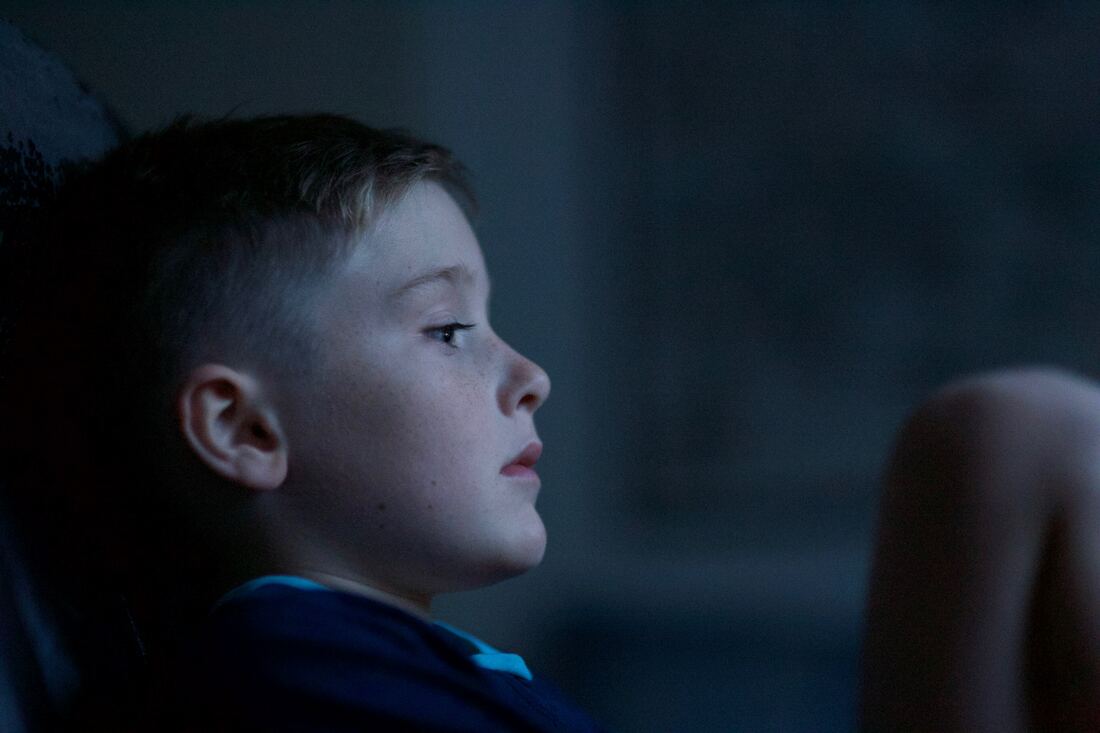|
anxiety. Sometimes we have a hard time noticing a child is anxious. Anxiety problems can often be silent or may look like behavior problems. Here are some signs that your child might be struggling with anxiety.
0 Comments
Your comment will be posted after it is approved.
Leave a Reply. |


 RSS Feed
RSS Feed